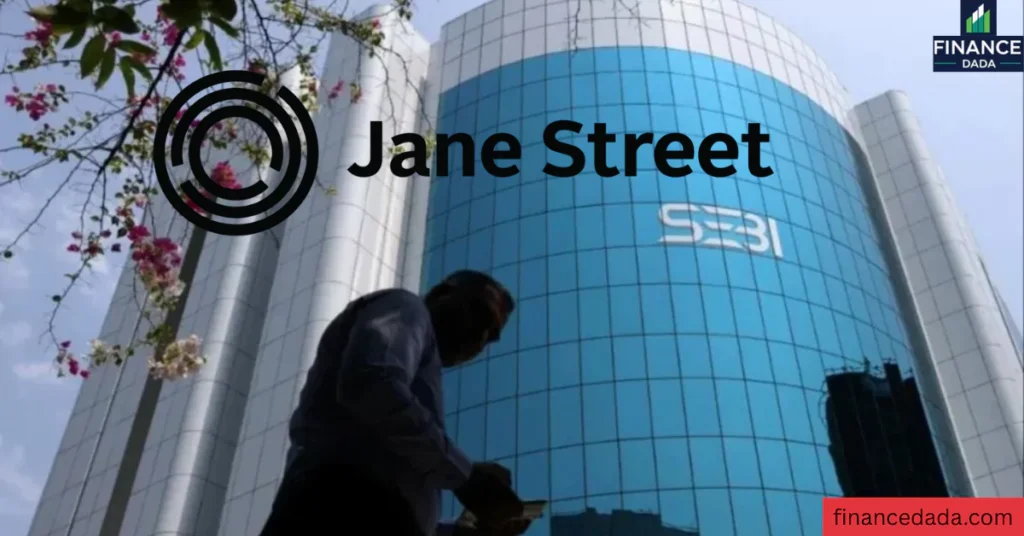US Trading Firm Jane Street Banned by SEBI for Alleged Index Manipulation
The Securities and Exchange Board of India (SEBI) has barred US-based trading firm Jane Street Group from participating in the Indian securities market, citing allegations of manipulating key stock indices. The interim order, issued on July 3, 2025, prohibits Jane Street and its affiliates from buying, selling, or dealing in securities, directly or indirectly, until the investigation concludes.

Allegations of Market Manipulation
SEBI’s 105-page order accuses Jane Street of employing strategies to artificially influence the Nifty 50 and Bank Nifty indices. The firm allegedly took large positions in index options and then traded underlying stocks to sway index prices, reaping significant profits. Between January 2023 and March 2025, Jane Street reportedly earned ₹43,289 crore (approximately $5.1 billion) from index options trading, with ₹4,843 crore ($566 million) deemed “unlawful gains” by SEBI. These funds have been ordered to be deposited into an escrow account, and banks have been directed to freeze withdrawals from Jane Street’s accounts without SEBI’s approval.
Modus Operandi
According to SEBI, Jane Street’s tactics involved buying substantial quantities of index stocks and futures early in the trading day, followed by placing large bets on index declines. Later, the firm would sell off these positions, dragging the index lower and profiting from its options trades. This pattern, observed on 15 of 18 trading days analyzed, was described as a “deliberate strategy” to manipulate indices. SEBI noted that these actions continued despite a cautionary letter issued by the National Stock Exchange (NSE) in February 2025, warning Jane Street against such practices.
Regulatory Concerns and Market Impact
SEBI’s investigation revealed that Jane Street’s Indian entities, including JSI Investments Pvt Ltd and JSI2 Investments Pvt Ltd, worked in tandem with its Singapore and US arms under common control. The regulator highlighted that these entities bypassed rules restricting foreign portfolio investors from intraday trading in the cash market. The order emphasized the adverse impact on retail investors, who incurred losses while proprietary traders like Jane Street profited, with over ₹610 billion earned by such firms in FY24.
The ban is expected to affect liquidity in India’s derivatives market, where Jane Street held a significant share. Market participants are closely monitoring the fallout, as other global trading firms like Citadel Securities and Optiver have been increasing their presence in India’s booming options market.
Jane Street’s Response
Jane Street has disputed SEBI’s findings, stating it intends to engage further with the regulator to address the allegations. The firm, known for its high-frequency and algorithmic trading, earned over $2.3 billion from Indian equity derivatives in 2024, underscoring its dominance in the market. A prior US lawsuit against rival Millennium Management revealed Jane Street’s “secret” trading strategy, which generated $1 billion in 2023 alone.
Broader Implications
SEBI’s action signals a crackdown on manipulative trading practices, particularly in India’s derivatives market, which is the world’s largest by contract volume. The regulator has introduced measures like higher investment limits and larger lot sizes to protect retail investors, 90% of whom lost money in options trading between FY22 and FY24. The Jane Street probe could set a precedent for stricter oversight of algorithmic trading and global firms operating in India.
Disclaimer: This article is for informational purposes only and does not constitute investment advice. Always conduct thorough research before investing.
Also Read: Gujarat Joins Elite List as Third State with Over 1 Crore Stock Market Investors









